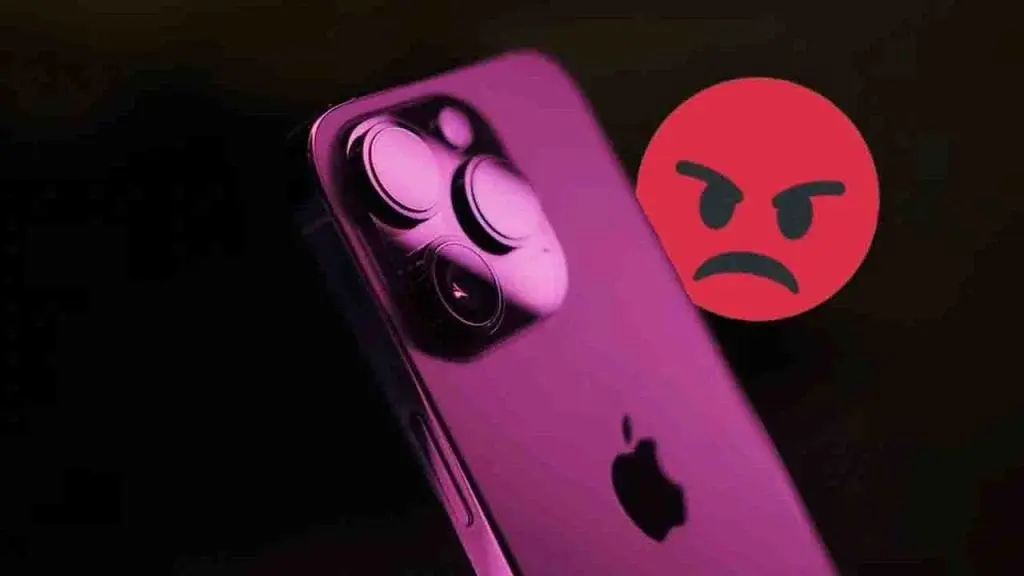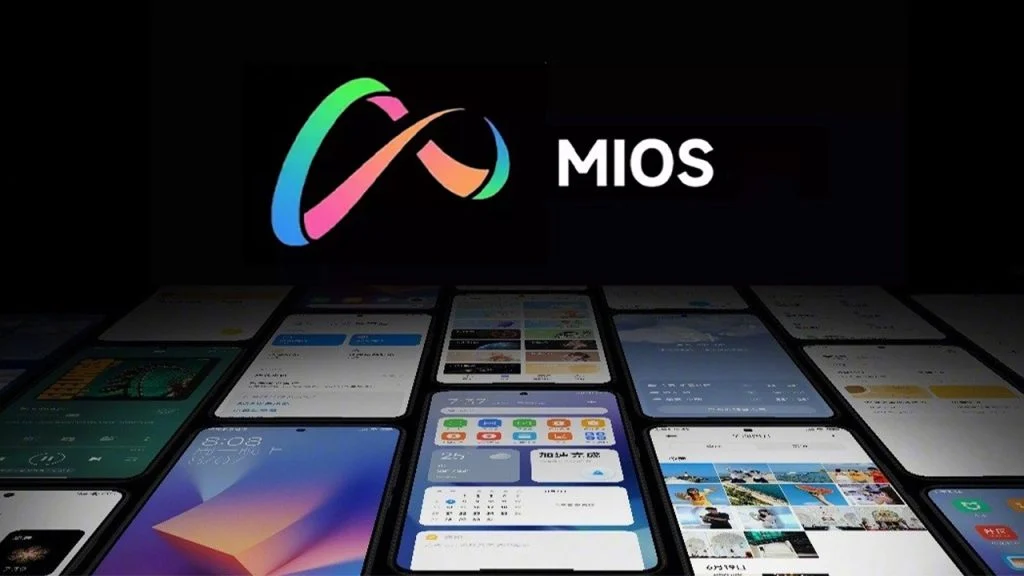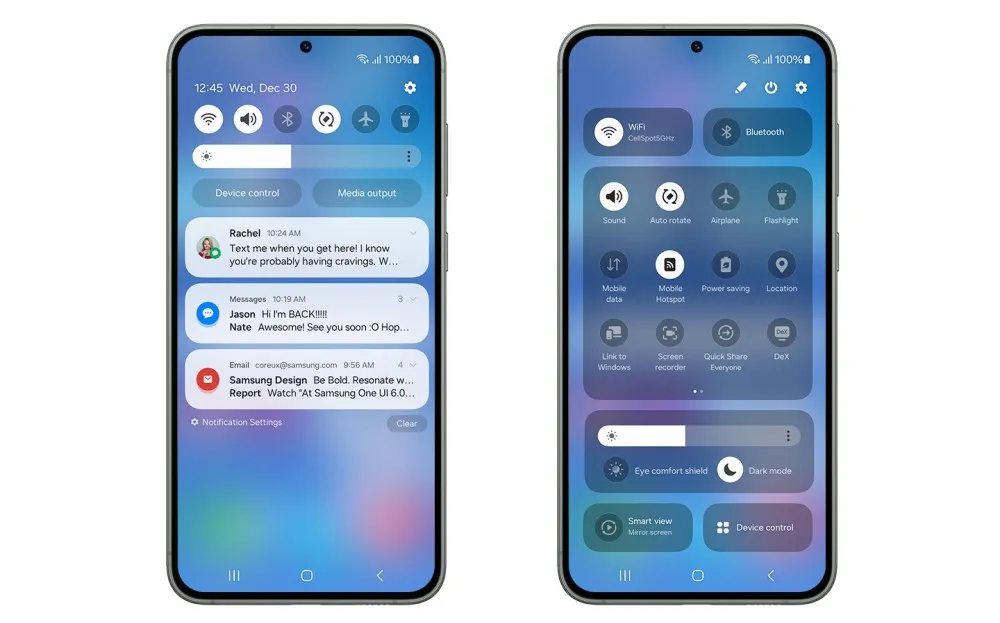Apple's Unique Control Over iPhone Design and Performance
Apple stands out in the smartphone market due to its distinctive approach of exercising complete control over both the hardware and software of its devices. While competitors like Samsung customize Google’s Android operating system and source components from various manufacturers, Apple takes a different route by designing a significant portion of the iPhone’s hardware and software in-house.
Apple's Exclusive Control
This method grants Apple exclusive control over its devices, setting it apart from other smartphone manufacturers. The company's recent statement, however, has sparked curiosity and raised eyebrows among consumers and tech enthusiasts alike.
Apple recently made an intriguing revelation regarding the battery life of the iPhone 15. The company claims that the phone's battery now offers double the originally promised lifespan without any alterations to its hardware or software.
Apple Updates iPhone 15's Battery Lifespan Information
In a surprising move, Apple updated the information regarding the iPhone 15's battery lifespan on its support page. The company now asserts that these phones will retain up to 80% of their original capacity over 1000 charge cycles, a significant increase from the previous estimate of 500 cycles. Notably, Apple did not introduce any hardware or software updates to achieve this improvement.
The company conducted further testing on the iPhone 15 series to validate this claim and subsequently adjusted the information provided to consumers.
Apple's Strategic Move
The timing of this alteration in battery lifespan specifications has prompted some to question Apple's motives. While many would prefer to trust in Apple's integrity, the timing coincides suspiciously with the impending EU regulations concerning energy ratings assigned to smartphone batteries.
The European Union is set to implement new regulations that will assign energy efficiency ratings ranging from A to G to smartphones, akin to the system used for household appliances like refrigerators and washing machines. These ratings will reflect a phone's battery life and overall energy efficiency.
Apple's decision to update the iPhone 15's battery lifespan specifications appears to align with the upcoming EU standards, indicating the company's effort to ensure compliance with the regulations. Importantly, these changes are not expected to have a significant impact on users of previous iPhone models, as the 80% battery capacity expectation after 500 charge cycles remains applicable to the iPhone 14 series and earlier models.



